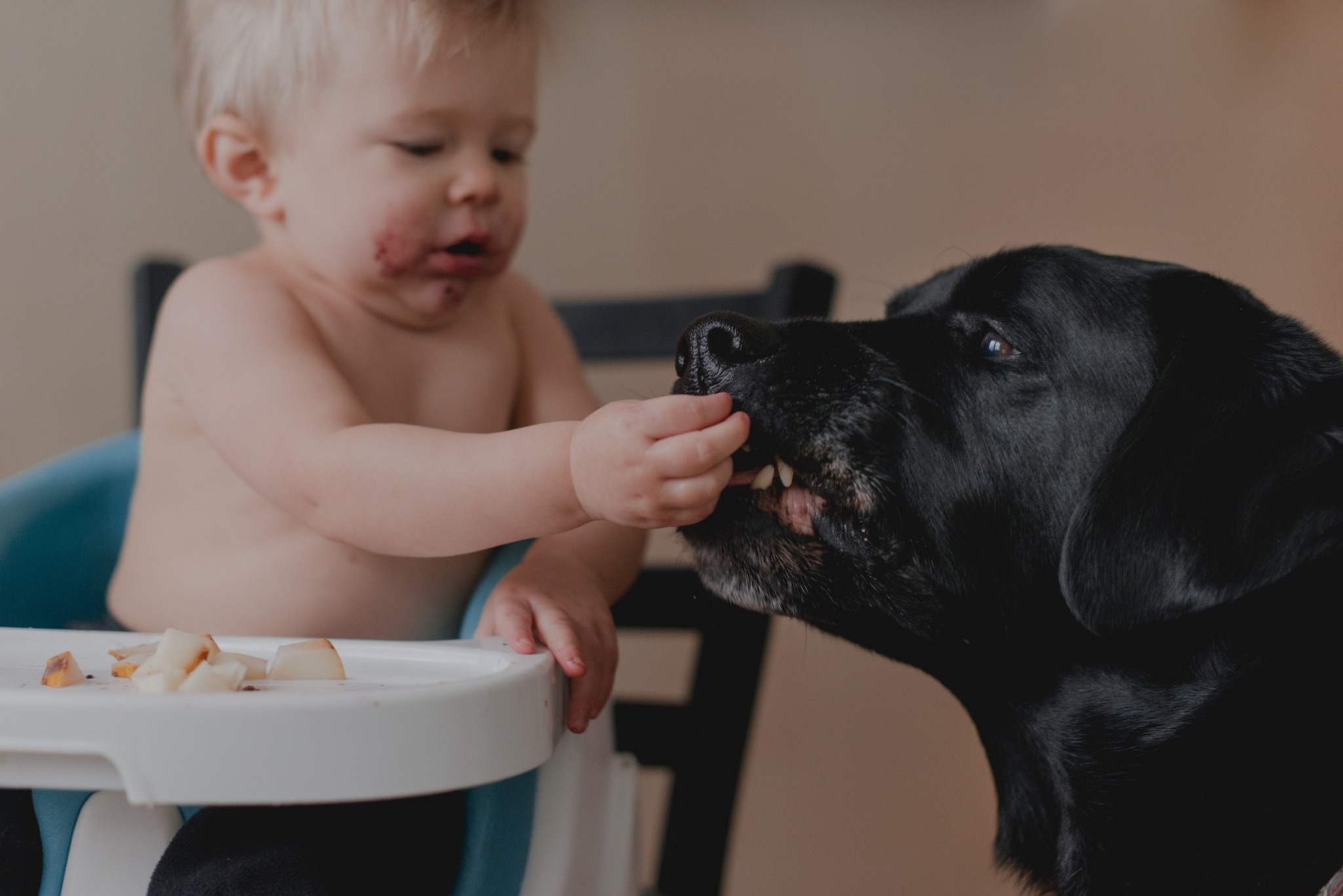What Should I Do If My Pet Is Overweight?
While our initial reaction to an overweight pet may be to call out how cute and cuddly they look, the reality is that their health is suffering. Obesity has quickly become one of the most common nutritional disorders and could be the most significant health threat to your pet.
According to a survey performed by the Association for Pet Obesity Prevention (APOP), 56% of dogs and 60% of cats were classified as obese or overweight by their veterinarian, making it one of the most common health concerns in the veterinary world today.
That means over half of household pets are unhealthy.
Overweight pets have become normalized in society. There is a disconnect between what we view as a healthy weight and what is actually a healthy weight in pets.
In fact, many pet owners don’t even realize their pets are overweight. A few extra pounds might not sound like a big deal, but realistically it is. Our pets are much smaller, and a few extra pounds make a big difference. For example, a dog with an additional 5-6 pounds is equivalent to a human having an extra 30 pounds.
A Few Extra Pounds Can Mean Big Consequences
Obesity isn’t just a concern for vanity. It goes much deeper than the surface and has an impact on many facets of your pet’s health. Obese pets are at a much higher risk for many ailments, including:
– Heart disease/ failure
– Diabetes
– Metabolic and endocrine disorders
– Osteoarthritis
– Hypertension
– Renal dysfunction or urinary tract disease
– Respiratory disorders
– Shorter life expectancy (on average, obese pets have a two-year shorter life span)
– Arthritis
– Kidney Disease
– Cancer
– Inflammation
– Liver disease
– High blood pressure
– Decreased immune function
Lastly, an overweight pet can be costly to your wallet. The expenses of veterinary care and medications rise with the increased likelihood of diseases and injuries associated with obesity.
Tips to be Proactive and Preventative
As with many aspects of your pet’s health, being proactive is key. If you’re worried about an overweight pet, there are steps you can take to take back control of your pet’s health.
- Work with a veterinarian to assess the pet’s body condition, muscle condition, lifestyle, and any medical conditions.
- Avoid “eyeballing” the measurement of food you feed your pet. Always use a labeled measuring cup or utensil to know exactly how much food goes into their bowl. This will make adjusting the diet much simpler if necessary.
- Understanding the amount of food to feed your pet depends on age, weight, activity level, and other health factors. Since diet and nutrition is not one-size-fits-all, feeding guidelines on your pet food bag are often misleading. Instead, consult a nutritionist for feeding recommendations suited for your pet’s individual needs.
- While the actual measurement of food plays a role, simply reducing the volume of food you feed your pet could lead to malnutrition. The secret is to get good quality – ideally fresh – food that is nutrient-dense and highly digestible to your pet.
- Keeping your pet active with regular exercise can help release pent up energy (and stress), increase their metabolic rate, and retain lean body mass. A little exercise is always better than none. If exercise is new to your pet, start in small increments at 5-10 minutes a day and work your way up.
- Remember to ease your pet into any lifestyle changes slowly. Small, incremental changes are best.
Other Tips to Prevent Obesity
– Know the difference between boredom begging vs. hunger in your pet
– Replace processed food and treats with fresh, minimally processed foods
– Limit treats and table scraps
– Avoid crash diets
– Avoid free feeding (allowing your pet to “graze” throughout the day)






